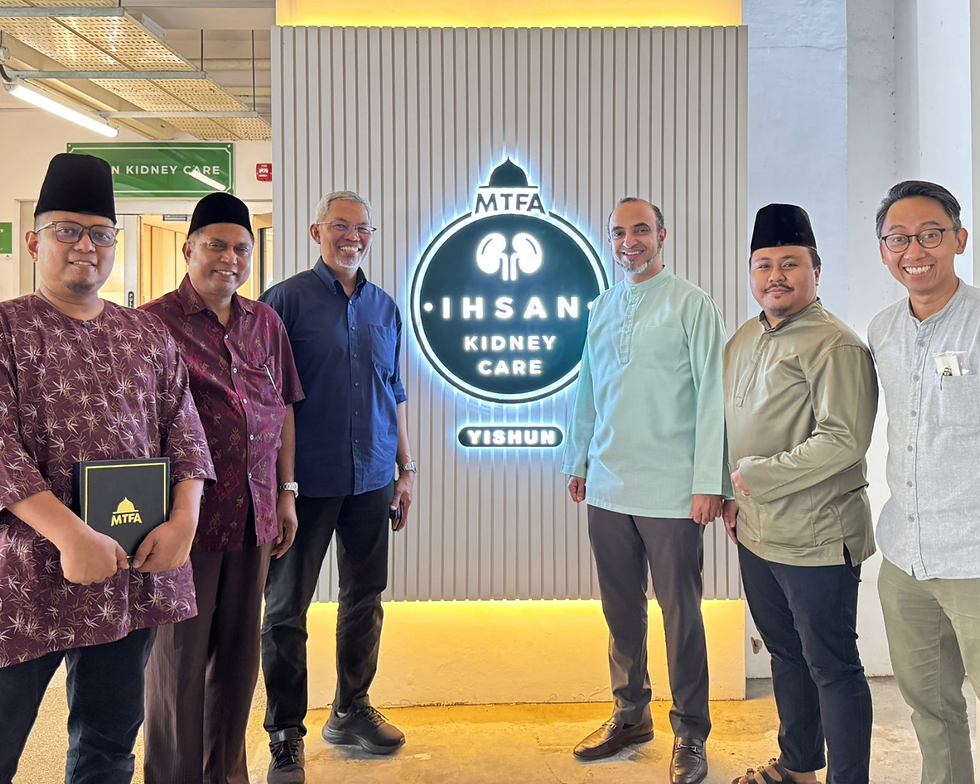Our Role in the Community in Promoting Social Welfare
- MTFA SG

- Dec 3, 2024
- 2 min read
Updated: Dec 5, 2024
Understanding Social Welfare in the Islamic Context
Social welfare is more than just a concept—it's a fundamental principle deeply rooted in Islamic teachings. At its core, social welfare encompasses comprehensive social policies, programs, and services designed to improve the quality of life and social well-being of community members.

Individual Responsibilities: Charity as a Spiritual Obligation
Zakat: The Pillar of Charitable Giving
Zakat represents one of the most powerful mechanisms of social welfare in Islam. As a mandatory form of charity, it ensures that surplus wealth is redistributed to those in need. The Quran beautifully articulates this principle in Surah Al-Baqarah (2:110):
"Establish prayer, and pay alms-tax. Whatever good you send forth for yourselves, you will (certainly) find (its reward) with Allah. Surely Allah is All-Seeing of what you do."
Sadaqah: Voluntary Charitable Giving
Beyond Zakat, Sadaqah offers additional opportunities for supporting social causes. This voluntary form of charity allows Muslims to:
Support education initiatives
Fund healthcare services
Assist underprivileged families
Contribute to community development projects
Community Engagement: Beyond Personal Charity

Volunteering and Community Service
Islamic teachings view community service as a form of worship. Surah Al-Maidah (5:2) encourages cooperation in goodness:
"Cooperate with one another in goodness and righteousness, and do not cooperate in sin and transgression."
Some practical Ways to Contribute are:
Volunteer at food banks
Mentor at-risk youth
Provide educational tutoring
Support community centers
Participate in local social initiatives
Advocacy and Awareness
Muslims are called to be proactive in addressing social issues. Surah Ali-Imran (3:104) guides believers:
"Let there be a group among you who call (others) to goodness, encourage what is good, and forbid what is evil—it is they who will be successful."
Advocacy can be in various forms;
Attend local forums
Participate in community events
Share correct information on social media
Organise awareness seminars
Conduct community workshops
Supporting Local Economic Ecosystem

The Importance of Local Businesses
Economic stability is crucial for community well-being. Supporting local businesses helps by:
Creating job opportunities
Rebuilding local economies
Promoting fair trade
Ensuring sustainable community development
Conclusion: A Call to Collective Action
Social welfare in Islam is a comprehensive approach to community development. By embracing principles of charity, volunteering, and advocacy, individuals can contribute to creating stronger, more equitable societies.
Key Takeaways
Charity is both a spiritual and social responsibility
Community engagement goes beyond financial contributions
Every individual has the power to make a meaningful difference
With Ihsan, we can transform our community, one act of kindness at a time.




